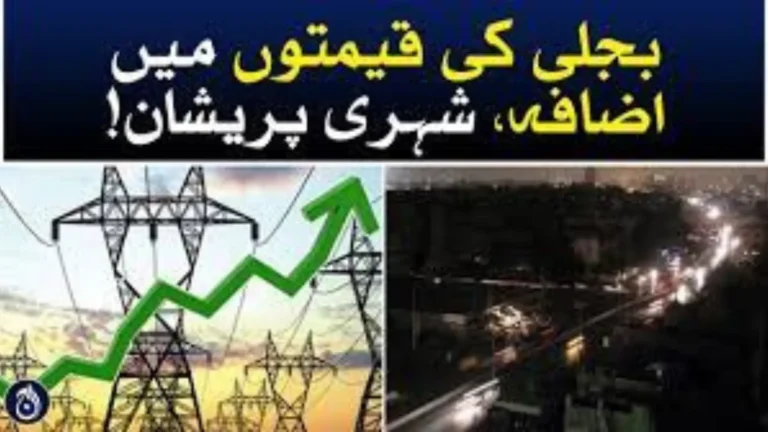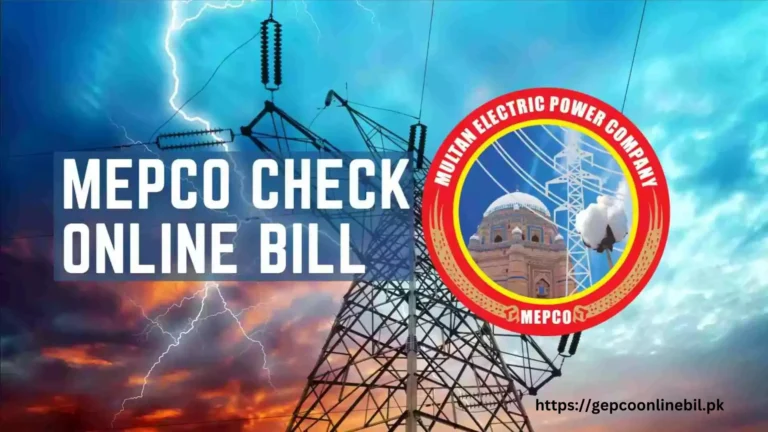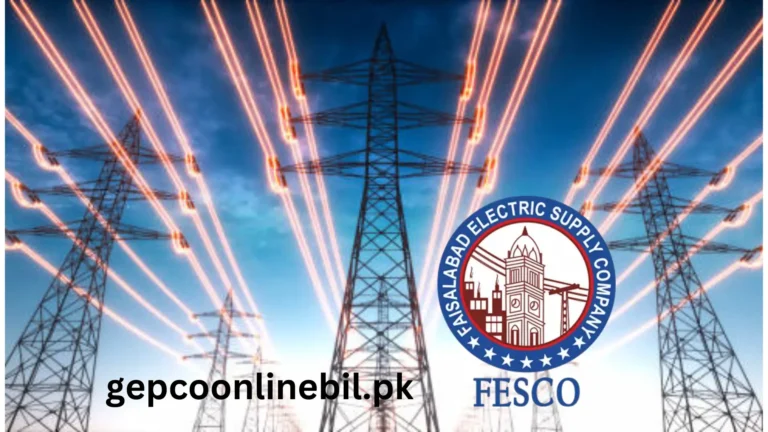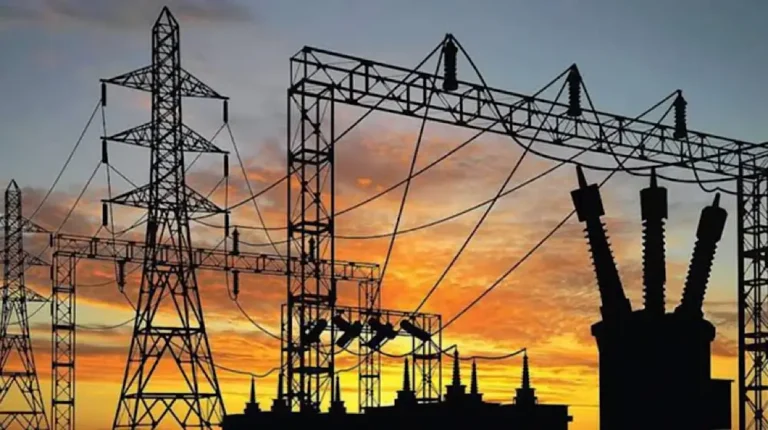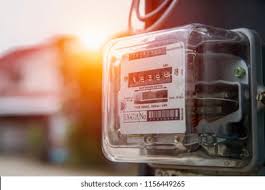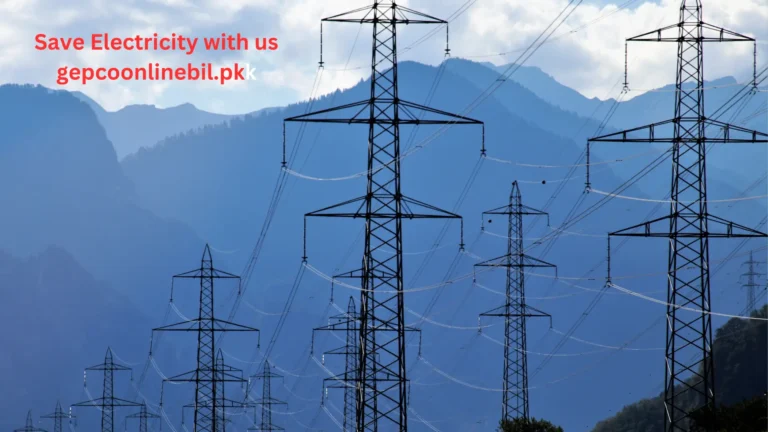Net Metering in Pakistan: Benefits, Process, and Costs 2025
Introduction
Have you ever wondered how you can save your electricity bills and participate to make a greener environment at the same time? Electricity net metering offers a practical solution. As an expert in the field of renewable energy, I can guide you through the ins and outs of net metering in Pakistan.
This comprehensive guide will cover the benefits, application process, and costs associated with net metering, providing you with all the information you need to make an informed decision.
What is Net Metering?
Net metering is a billing system that allows households and businesses to produce their own electricity using renewable sources like solar power. Through net metering you can send back your extra electricity to the grid, and get units credits on your electricity bills. This system helps offset electricity costs significantly, making it an attractive option for many.

The Concept of Net Metering
If define you in simple terms, net metering gives you an opportunity to become both a consumer and a producer of electricity. If your solar panels produce more electricity than you can consume, and through back the excess is exported to the grid. Your utility provider then credits your account for this excess electricity, reducing your overall bill. You may also read a complete guide about “How to Save Electricity” from this website.
The Net Metering Device
The key to net metering is a special meter, often referred to as a “green meter” or “net meter,” which can measure electricity flow in both directions. These meters keep track of the electricity you draw from the electricity grid and the excess electricity you through back.
Meter Types
In Pakistan, net meters typically come in two types: bi-directional and uni-directional. Bi-directional meters can measure both incoming and outgoing electricity, whereas uni-directional meters measure only one direction, necessitating a separate system for outgoing electricity.
Benefits of Net Metering
Cost Savings
One of the unique and superior advantages of net metering is the potential for significant cost savings on your electricity bill. By producing your own electricity, you reduce the amount of power you need to buy from the grid. The credits earned from exporting excess electricity further lower your net consumption, leading to reduced bills.
Environmental Impact
To be very honest i always recommend you switching to renewable energy sources like solar power through net metering reduce reliance on fossil fuels, decreasing greenhouse gas emissions. This shift contributes to a cleaner environment and helps combat climate change.
Energy Independence
net metering allows for greater energy independence. By producing your own electricity, you become less reliant on external power sources like WAPDA, GEPCO, and LESCO etc. It can be particularly beneficial during power outages or grid instability.

Net Metering Advantages & Disadvantages
While the benefits are substantial, it’s important to consider the potential disadvantages. These may include the initial investment cost for solar panel installation, potential maintenance costs, and regulatory challenges.
How to Apply for Net Metering in Pakistan
Applying for net metering distributed in several steps. Here’s a detailed guide which will help you to initiate the process smoothly.
Step 1: New Meter Connection
Before applying for net metering, ensure you have a new meter connection. If you don’t already have one, you can apply through WAPDA (Water and Power Development Authority) or your local DISCO (Distribution Company). This step is crucial as it sets up the foundation for the net metering process.
Step 2: Net Metering Application Form
Next, obtain the net metering application form from your respective DISCO’s website. Forms can often be found under the “Net Metering” or “Renewable Energy” sections.
Step 3: Gather Required Documents
You’ll required to submit following documents along with your application form.
Make sure to have all these documents ready to avoid any unnecessary delays in the application process.
Step 4: Application Submission
After completing these documents and form submit the net metering application form to your local DISCO. Some DISCOs offer the option to submit applications online, which can save time and hassle.
Step 5: Inspection and Approval
After submission, your DISCO will inspect your premises to ensure it meets all necessary criteria. If everything found correct, your application will be approved. This step may involve a site visit to assess the feasibility of installing a net metering system.
Step 6: Installation and Activation
Once approved, you will receive a demand notice for fees. After paying these fees, the net metering device will be installed at your premises which you was mentioned on your application form. This device is essential for measuring the electricity flow and ensuring you get the correct credits for your excess generation.
Understanding Net Metering Costs
The cost of net metering in Pakistan is based on several factors, including system size, location, and installation complexity. Let me share my personal experience regarding potential costs to help you plan installation of net metering.
Installation Cost of Net Metering
It is my personal experience regarding Installation costs encompasses the purchase and installation of solar panels, inverters, and other necessary equipment. These costs figures can be different on the size and quality of the system you choose and the running prices of your local market.
Net Metering Charges
In addition to installation costs, there are several charges associated with net metering, including:
Ongoing Costs
After installation, there are ongoing costs to consider, such as maintenance of the solar power system and periodic inspection fees.
Net Metering Cost in Pakistan
To give you a more concrete idea, the average cost for a residential solar power system in Pakistan ranges from PKR 100,000 to PKR 600,000 depending on the system size and quality. However, the initial investment might seem high, but imagine the long-term savings on your electricity bills which is not a bad investment.
Reading Your Net Metering Bill
Understanding your net metering bill is very easy and user friendly. Here’s how to read and interpret your bill:
Components of the Bill
Case Study: Successful Net Metering Implementation in Pakistan
To illustrate the real-world benefits of net metering, let’s look at a case study of a successful implementation in Pakistan.
The Challenge
I am resident of Hafizabad, faced high electricity bills due to his large household and frequent use of air conditioning. He decided to explore renewable energy options to reduce his electricity costs.
The Solution
After researching various options, I have decided to install a solar power system with net metering. I followed the application process outlined above, ensuring all required documents were submitted and his premises met the necessary criteria.
The Results
Since installing the net metering system, I have seen a significant reduction in my electricity bills. The credits earned from exporting excess electricity have further lowered my net consumption. Over time, the cost savings have covered a large portion my investment initial investment, making it a financially viable and environmentally friendly solution.
Frequently Asked Question
Final Words
Net metering offers a fantastic opportunity for Pakistani households and businesses to reduce their electricity bills and contribute to a greener environment. By understanding the application process, costs, and benefits, you can make an informed decision about adopting this innovative billing mechanism. For those ready to take the plunge, start with getting a new meter connection and explore the advantages of generating your own electricity.
For more information on how to apply for net metering, visit your local DISCO’s website or consult with a solar energy expert today. Embrace the power of renewable energy and take a step towards a sustainable future.


